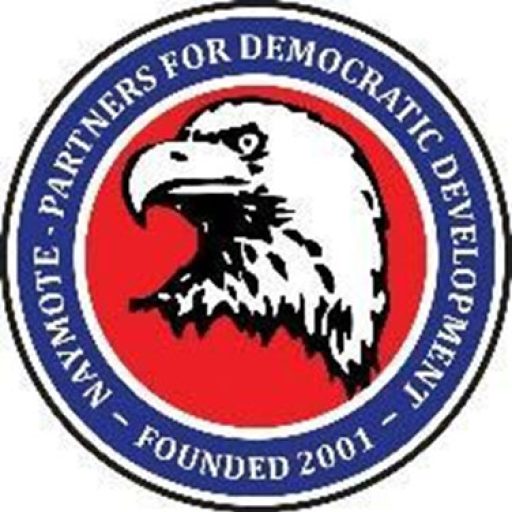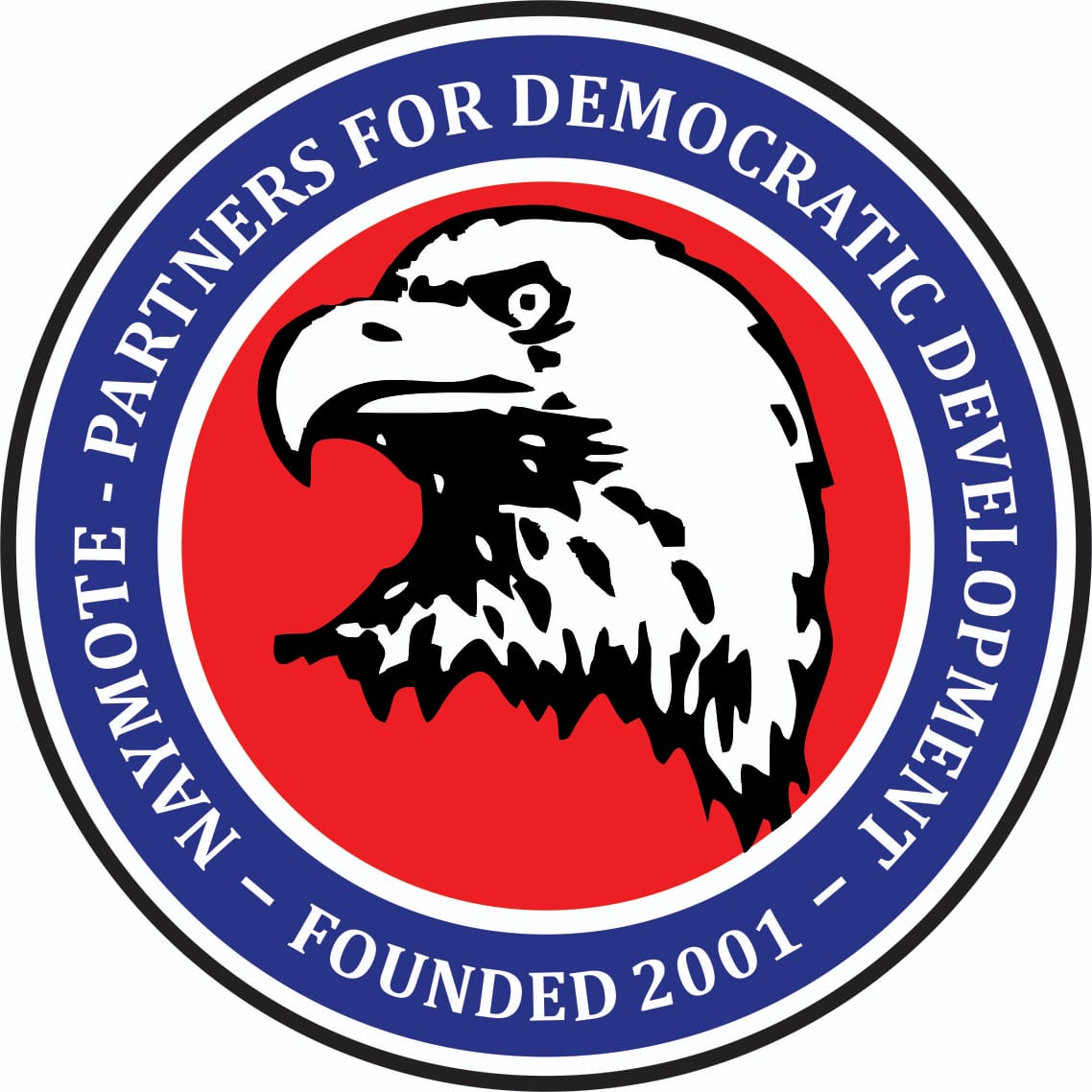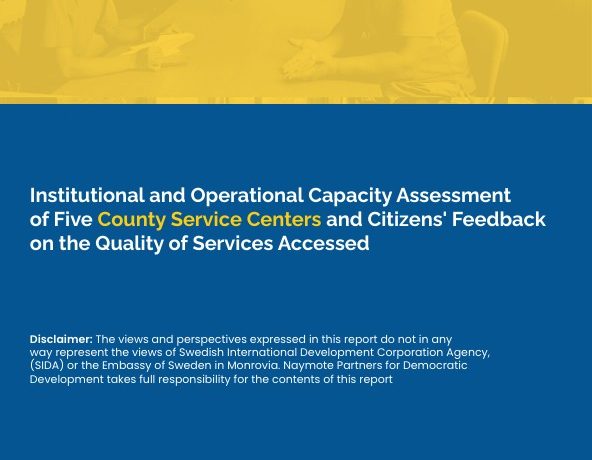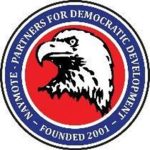Naymote in April 2024, conducted and released an Institutional and Operational Capacity Assessment of Five County Service Centers and Citizens’ Feedback on the Quality of Services Accessed in Margibi, Grand Bassa, Bong, Nimba, and Lofa Counties. Five county coordinators of the County Service Centers, (CSCs) were interviewed on the institutional and operational capacity of the CSCs, while questionnaires were developed for three hundred and one respondents to solicit their feedback on the quality of services accessed at the CSCs.
The outcome of the assessment of the county service centers shows that CSCs are highly relevant to citizens in rural parts of the country, with 86% of respondents reporting contact with the centers in the past year. Despite the drawbacks of some services at the CSCs, with service centers offering an average of 13 out of 21 services, the assessment shows that some services, once exclusively obtained in Monrovia, are being accessed at the county level, thereby reducing transportation costs to travel to Monrovia to access services and lowering the physical risk of traveling long distances by road. 65.12% of the respondents (end-users) say that they have not given bribes or gifts to obtain service at the CSCs, which makes the CSCs less burdensome to access services.
An overwhelming majority of respondents (73%) support the idea that a portion of revenues generated from the CSCs should remain at the Centers for operational cost. Of this number, 51% of females are in agreement with this view as compared to their male counterparts with 49%. It was revealed that a common trend of the challenges facing the County Service Centers included limited operational funds, inadequate office supplies, and equipment, as well as inadequate supply of electricity. On sustainability, the County Service Centers lack financial autonomy, despite generating substantial resources; the research revealed there was no full implementation of relevant Acts and regulations, and all five county service centers coordinators interviewed said they didn’t have employment letters, etc.
The survey report was officially released to the public and presented to the government through the Deputy Internal Affairs Minister for Planning and Research, Edwin Mulbah, he acknowledged the concerns raised: “What you have presented here is a serious concern to us as a government. This government is committed to decentralization as a means to improve the conditions of its citizens.” Mulbah assured that the government would consider Naymote’s recommendations seriously: “We encourage our collaborating partners to heed these recommendations, and we will provide feedback.” Indeed, this research report sparked wide conversations and public demand. The President of the Republic of Liberia has directed that 40% of revenue generated by the County Service Centers in each county across the 15 counties is retained for the operations of the Centers in fulfillment of the Revenue Sharing Act, particularly Chapter 7.2.
To improve effectiveness and coordination at the County Service Centers, the Ministry of Internal Affairs is working to recruit university graduates to serve as County Service Center Coordinators in the 15 counties and more capacity-building opportunities are ongoing by the Ministry and partners in fulfillment of the Local Government Act of 2018 which Naymote has placed a leading role in creating awareness and training people on the Act.
The Naymote’s democracy by radio program is creating awareness about local governance. The media and citizen groups are demanding more accountability on the usage of social development funds, and local government officials are beginning to give greater weight to the concerns of women and young people when making decisions about the allocation of these funds especially in Bong, Bassa and Nimba counties where women are appointed as superintendents.
Naymote has observed that more women are making use of the services provided by the County Service Centers, especially the traditional marriage certificates that help to legalize unions in which women are entitled to benefits. Additionally, more young people are benefiting by the construction of community halls, bridges, and educational facilities, from the social development funds.
Read/ download the assessment report here .







